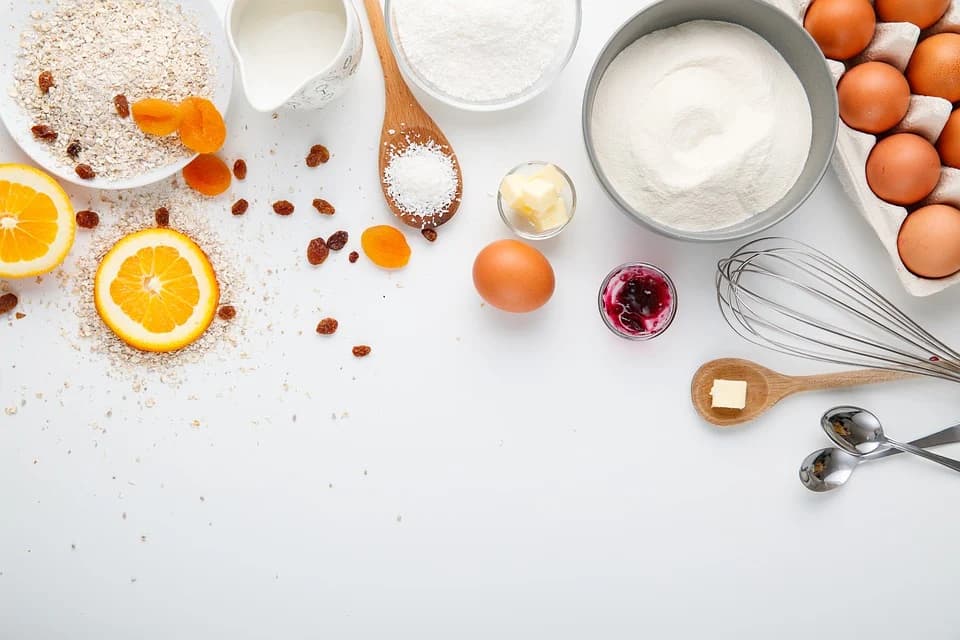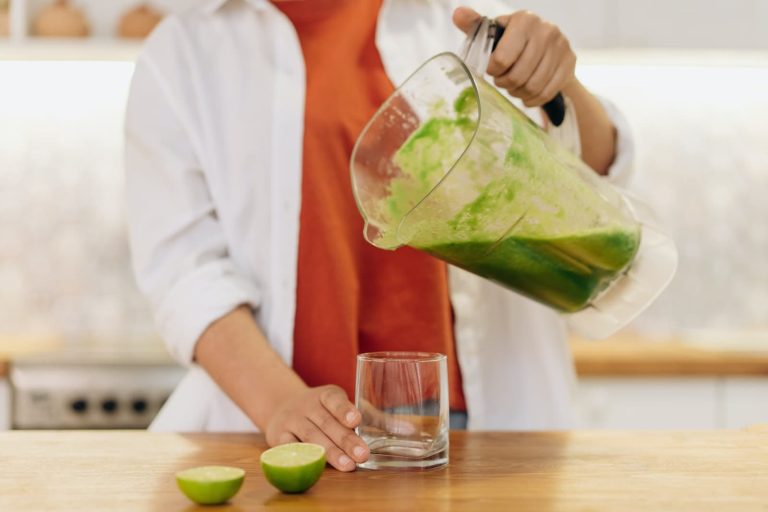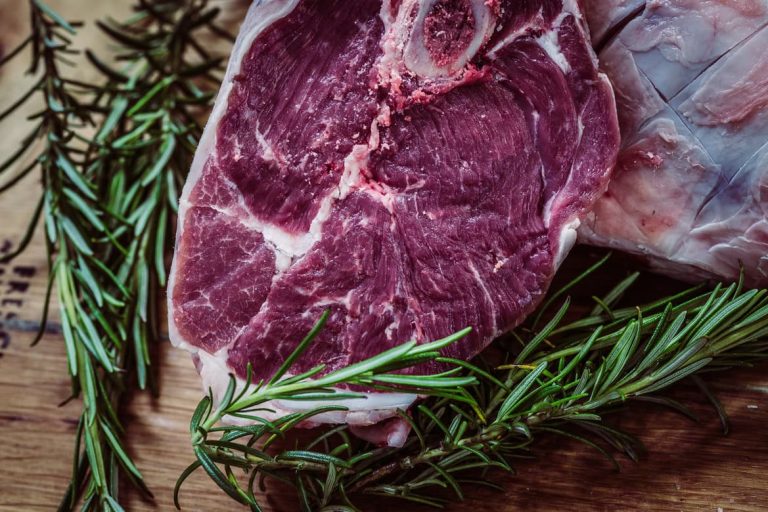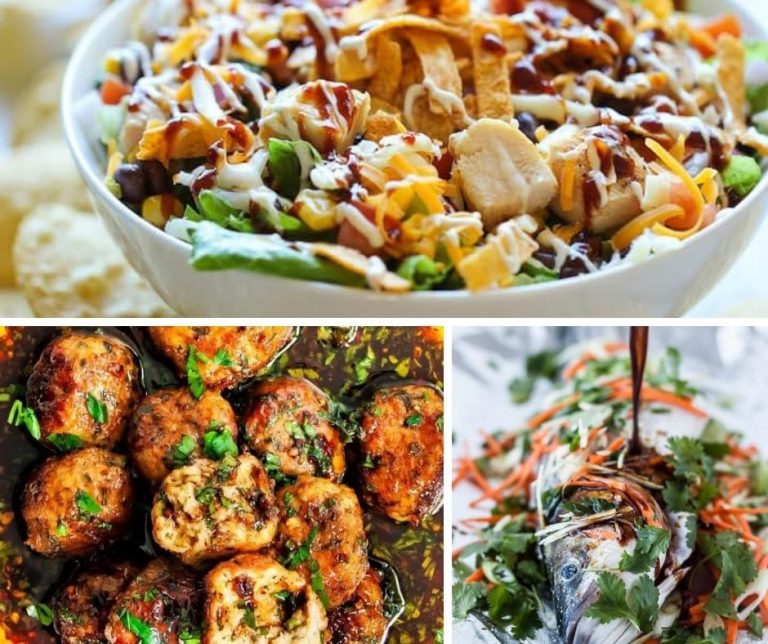Useful Tips To Help You Take Your Meal Prep To A Higher Level
Meal planning and preparation are valuable skills to have in everyday life. A well-planned meal plan may help you enhance the quality of your diet or achieve a specific health objective while also saving you time and money. Here are some helpful hints to help you improve your meal planning and prepare tasty meals for yourself and your family and friends.
Table of Contents
Start Planning
It might be intimidating to establish a meal plan if you have never done so before or if you haven’t done so in a long time. Making a habit of meal planning is similar to making any other great adjustment in your life. Start by planning a few meals for the week ahead. You’ll eventually discover which planning tactics work best for you, and you may gradually expand your schedule by adding extra meals as needed.
Start simply when it comes to meal preparation. Make one-pot meals or concentrate on a single major meal. Avoid the need to spend a whole day preparing extravagant dinners. Too many recipes can quickly complicate dinner planning, and if it was too difficult the first time, you may not want to do it again. Make only one recipe ahead of time at first, then add other dishes as you feel more comfortable.
Trust Your Appliances
When organizing your weekly menu, determine which days will be the most time-consuming to prepare dinner. On those days, choose recipes that will either have supper ready for you when you get home in the slow cooker or a dish that will come together so quickly in the Breville BOV900BSS that you won’t be tempted to get takeout. You can create anything from flawless toast and waffles to slow-cooked roasts and dried cuisine with this fantastic and smart oven. There are millions of recipes for these great gadgets available online, so you’ll never be bored if you use this strategy.
Food Storage Containers
One of the most important meal preparation equipment is food storage containers.
Investing in high-quality containers is definitely worth your effort and money.
Before buying a product, think about how each container will be used. Choose freezer-safe, microwave-safe, or dishwasher-safe containers if you’ll be freezing, microwaving, or cleaning them. Microwave-safe glass containers are environmentally beneficial. They’re easily found in stores and on the internet. It’s also useful to have a selection of sizes for various foods.
Save Your Recipes
Save yourself the aggravation of trying to recall recipes by storing them in a convenient spot where you can access them at any time. This might be on your computer, tablet, or phone as a PDF, or somewhere in your home. Setting up a place for your recipes saves time and alleviates some of the stress that comes with meal planning.
Wash Vegetables and Fruits
Try washing and preparing fresh fruits and vegetables as soon as you arrive home from the local farmers market or supermarket if you want to consume more of them. It’s simpler to avoid grabbing for the bag of chips or sweets just because they’re fast and cheap if you anticipate your hunger and prepare yourself with healthy and handy options.
Always Have Your Grocery List
Provide your own grocery list or simply print out the one we’ll make for you each week. If you’re planning on prepping on Saturday, go grocery shopping on Friday or Thursday so the produce is fresh and in good enough shape to last the whole week.

Be Organized
Meal preparation is impossible without preparation time. Plan to prepare your meals one to two days each week. You’ll save even more time if you can multitask a little, for example, by using your oven and cooktop to prepare many foods at once. Using a sheet pan to roast large amounts of food can also help you save time in the kitchen.
Clean Your Kitchen
Before you begin prepping and cooking, make sure your kitchen is clean and that all of your dishes have been washed and set aside. Make sure you have lots of storage containers cleaned and ready to be loaded with tasty food so you don’t wind up with a disaster kitchen that demands hours of cleanup at the end.
Follow The Safety Guidelines
To minimize cross-contamination (or taste contamination), pack wet and dry foods separately in separate containers. Use ice packs to keep cold dishes cold and pre-warmed covered containers to keep hot things hot. And, of course, before you start cooking, make sure your hands and vegetables are clean. In the fridge, most meal prep foods will last three to five days. If you want to prepare meals for the entire week, set aside two days a week to do it to keep your food fresh.
Meal preparation and planning are excellent ways to make better food choices while also saving time and money. You may use a variety of strategies to develop a long-term meal planning habit that matches your lifestyle. Cooking at a greater level will undoubtedly benefit your family, friends, and you.







